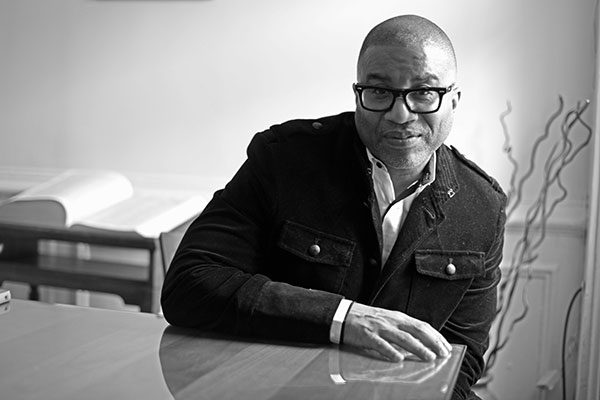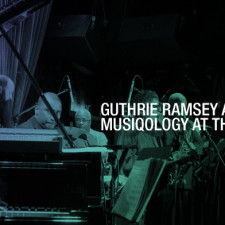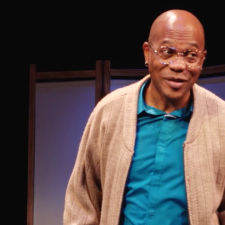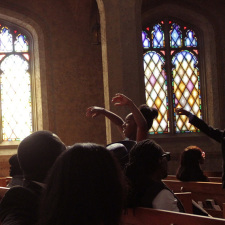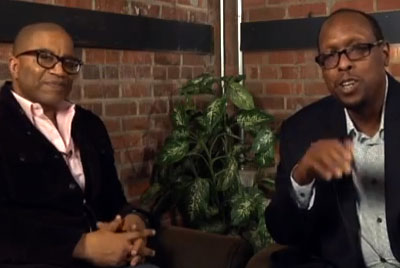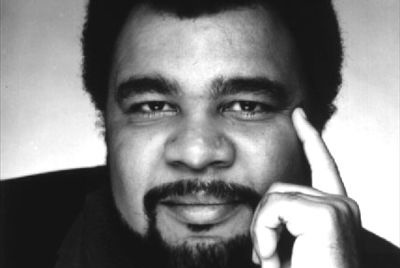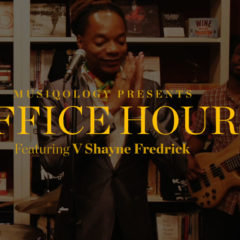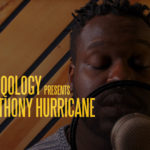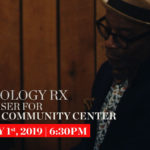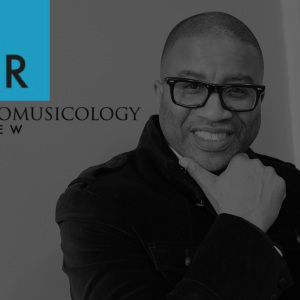Recently, the Duke University Chapel and the Duke Jazz Studies program united to host a Jazz Vespers Service. Duke professor, Mark Anthony Neal, attended and describes the event for us.
Luke A. Powery, the Dean of the Chapel at Duke University was joined by the John Brown (little) Big Band and vocalist Lois Deloatch in a performance that interspersed traditional Christian hymns like “Great Is Thy Faithfulness,” Gospel originals like “Thank You, Lord” and classics such as “When the Saints Go Marching In.” The latter song opened the performance with the brass section marching to the front of the sanctuary, capturing the down-home spirit that Louis Armstrong brought to the song on his 1938 recording.
While there are any number of ordained ministers who have successful singing careers contemporarily–think Donnie McClurkin–the linking of Black religious traditions to Jazz, is often forgotten. The connection between the two traditions was, perhaps, most pronounced when Mahalia Jackson and Duke Ellington recorded Black, Brown, and Beige (1958).Throughout his career, Rev. Dr. Powery has been known for his integrating of the Black sermonic tradition and Black Spirituals–often breaking out in song during his own sermons–recalling a tradition, perhaps best exemplified by the late Rev. C.L. Franklin. As Powery writes in his book Dem Dry Bones: Preaching, Death and Hope, “African American sermons have historically been known to be musical because music and speech are inseparable as African traditions treat songs like speech and speech like songs.” (23)
Read more at New Black Man.
Tags: Duke Ellington, duke university, jazz vespers, luke powery, Mark Anthony Neal, new black man

 Share On Facebook
Share On Facebook Tweet It
Tweet It

![[VIDEO] Black Music and the Aesthetics of Protest](https://musiqology.com/blog/wp-content/uploads/2015/03/onlynchings1-225x225.jpg)
